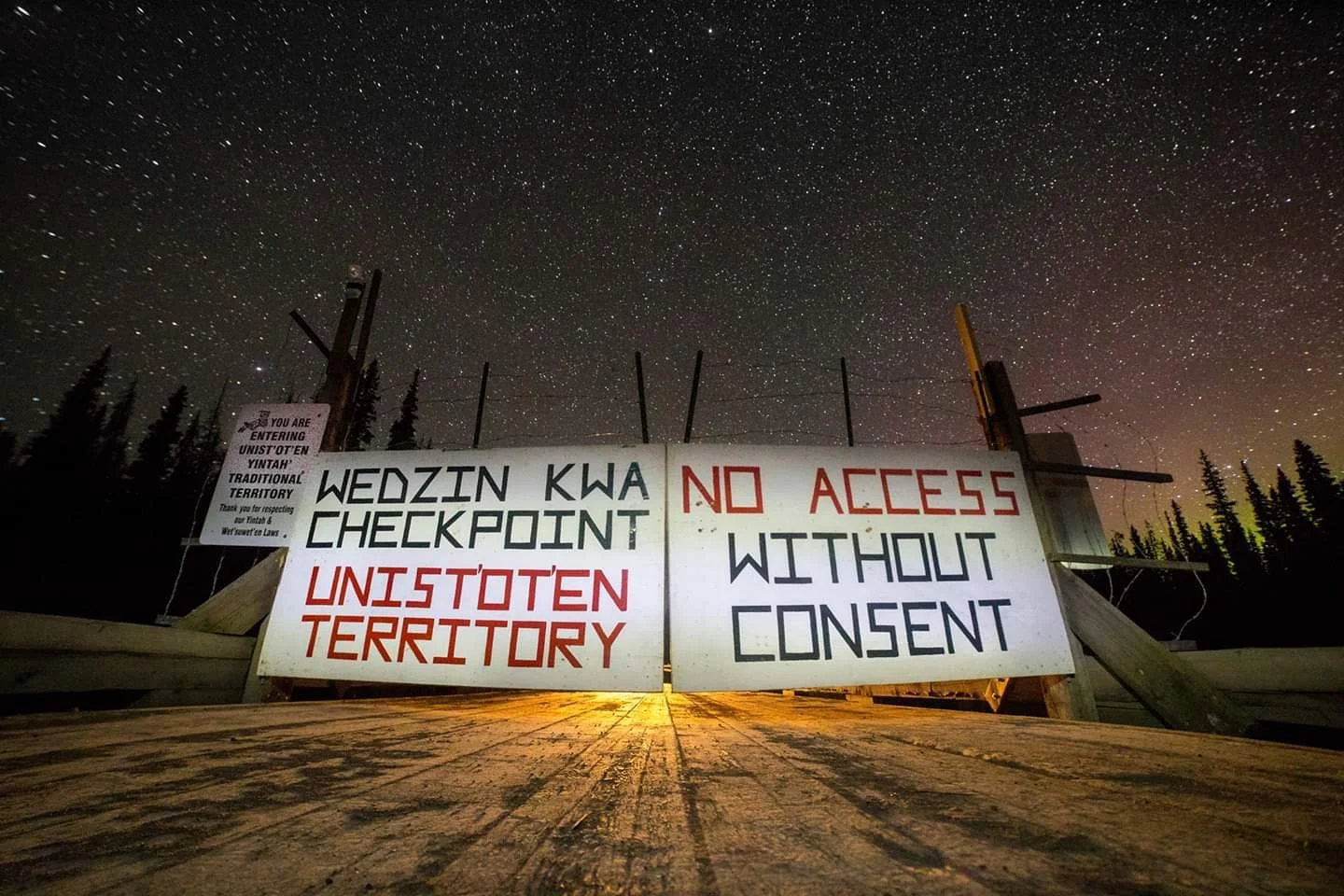Should Seattle Public Schools have an ethnic studies curriculum?
That’s the question facing the Seattle School Board right now as it considers a resolution that would embed ethnic studies throughout the city’s K-12 education system.
Many of us have already moved beyond wondering about this question. In fact, Seattle Public Schools already has an ethnic studies task force working to make recommendations for teaching ethnic studies at the high school level by October 2017. I was chosen to be a part of that task force, and so far it’s been an encouraging experience.
Our schools should absolutely include a rich ethnic studies curriculum. This is a concrete way for the Seattle School Board to improve student achievement while providing a more well-rounded, honest education. It’s also a genuine investment in closing the opportunity gap. Multiple studies have shown improved academic outcomes for students of color who participate in ethnic studies courses.
See, in acknowledging the need for ethnic studies in the first place, you subtly acknowledge a deep-seated, rarely mentioned truth of our education system: in our schools, and in our country, white is officially considered “non-ethnic.” The board resolution takes the subtle but important step of acknowledging the current white-centric reality of our schools, and how white students will benefit academically as well.
From Paige Cornwell of the Seattle Times:
The Seattle School Board, the resolution says, acknowledges that textbooks, curriculum and instruction overwhelmingly include a European-American perspective.
It also states that the board “recognizes that students whose history and heritage is taught, understood and celebrated will learn better, be more successful and develop positive aspects of identity,” and that ethnic studies helps white students better appreciate the “democratic ideal of equity and justice that the United States was founded upon.”
Instead of leaving that truth hidden and unspoken, the the task force has explicitly said that our schools and all their building blocks are very white-centric to begin with. It’s out there. Those words have power, just as there’s power in publicly acknowledging the truth — even if it is a truth that to many sounds like old news. The school board will follow suit if it adopts this resolution.
So, good onya for starting to discuss ethnic studies in a good way in 2017.
But … what took so long? It's not like the district hasn’t known there was a problem. We’ve been talking about Seattle’s appalling achievement gap and the segregation within our schools and programs for years now. As recently as last year, a study showed that Seattle’s Black students are on average three and a half grade levels behind white students. We’ve also known about the positive effects of culturally relevant curriculum for quite some time — there are scholarly articles about it dating back to the 90s — and Washington adopted a statewide Native American curriculum in 2015 for the same reasons.
"that's the tricky thing about accountability. You can't just talk about it, you have to act on it." Seattle Public Schools has known about this issue for some time without acting on it. Now we have to make sure they follow through on what they’re saying they’ll do.
Let’s be clear: Ethnic studies is a band-aid, in this situation. It’s a much needed band-aid over a gushing wound, yes, but it’s only the beginning of solving this problem. It’s not the solution itself. It’s maybe the second inning in a long game. Let’s make sure we get this right, and then keep going—all nine innings—until we have an equitable system that helps all students thrive.













